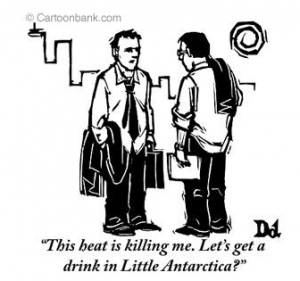As you find definitions for Democracy, Socialism, Capitalism and Communism, you will undoubtedly confront the notion of diversity — what is it, why is it important, how do ensure diversity since it’s apparently important for human evolution.
In all, as you define the above terms, you will be examining the characteristics of our society, particularly as we discuss Ecological Democracy. Diversity shows up here, again.
Scott E. Page, who came to Midd last year, wrote The Difference: How the Power of Diversity Creates Better Groups, Firms, Schools, and Societies. (Read some of the book here)
I suggest that you find the time, either alone or in groups, to check out Scott’s lecture at the University of Virginia and follow his logic. Regardless of what endeavor you choose in the future, thinking about how diversity works — and can work — will be extraordinarily useful. Of course, thinking about how we might be able to enable diversity to evolve in a healthy manner with Democracy — or whatever else we come up with as we contemplate our world — is extraordinarily important.
The Lecture: Leveraging Diversity
After watching the lecture, if, by group say, each group synthesizes and summarizes what you hear and then point to what you find important will be very useful; then if each person of each group adds and comments on what others are summarizing and saying, this will be useful too — and perhaps a model of what Page is talking about.
